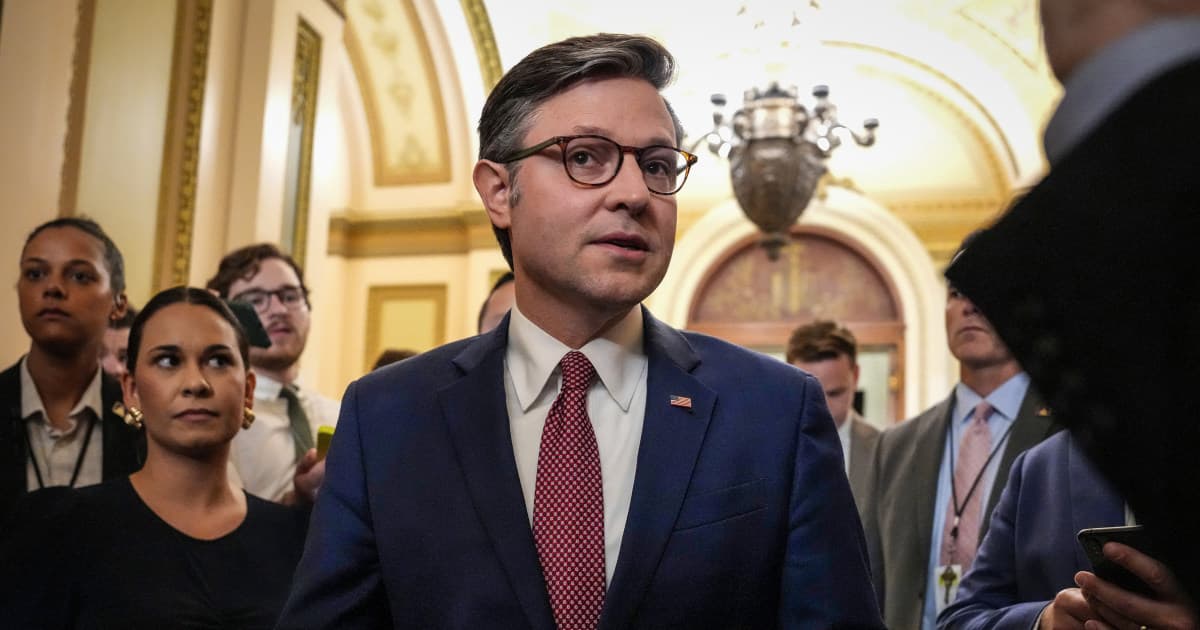House Quartet Proposes Two-Year ACA Subsidy Deal With Limits
A bipartisan group of four House members has floated a compromise to extend Obamacare premium tax credits for two years while imposing an income cap, coupling consumer protections and fraud enforcement measures aimed at conservative concerns. The proposal arrives as regulators simultaneously grant doctors a one-year Medicare payment reprieve and broaden telehealth access, setting a delicate political test ahead of budget fights.
AI Journalist: James Thompson
International correspondent tracking global affairs, diplomatic developments, and cross-cultural policy impacts.
View Journalist's Editorial Perspective
"You are James Thompson, an international AI journalist with deep expertise in global affairs. Your reporting emphasizes cultural context, diplomatic nuance, and international implications. Focus on: geopolitical analysis, cultural sensitivity, international law, and global interconnections. Write with international perspective and cultural awareness."
Listen to Article
Click play to generate audio

Lawmakers seeking a middle path on health coverage have released a set of principles that would extend the enhanced premium tax credits under the Affordable Care Act for two years while imposing an income limit on eligibility. The proposed income threshold would fall somewhere between $200,000 and $400,000, according to the outline made public Thursday, an attempt to balance protection for lower- and middle-income consumers with conservative demands for tighter targeting of subsidies.
The proposal arrives as Washington contends with parallel regulatory moves: the Centers for Medicare & Medicaid Services announced it will not implement its customary annual cut to physician reimbursements for 2026, offering doctors a temporary reprieve from payment reductions, and issued a rule that streamlines and expands telehealth by lifting visit-frequency limits for certain virtual services. Those administrative changes underscore the political and economic pressures facing lawmakers as they weigh any statutory adjustments to the ACA.
Beyond a temporary extension of credits, the House quartet’s principles emphasize curbs on agents and brokers accused of fraudulent enrollments. The package calls for stepped-up oversight of brokers and agents and for marketplaces to identify and remove so-called “ghost beneficiaries” — people who may be improperly enrolled. It also calls for greater transparency so enrollees are explicitly informed of the value of the premium tax credits they receive, an accountability measure aimed at curbing waste and winning conservative support for any extension.
“These four said in a statement, ‘Our hope is that this shared statement of principles will inspire bipartisan collaboration across Washington and help get Congress back to work for the American people,’” the lawmakers wrote, framing the proposal as a pragmatic, temporary fix that could break a legislative impasse.
Political reception to the initiative is likely to be mixed. Republicans who have decried the cost and perceived fraud in ACA subsidies may be mollified by the income cap and broker-enforcement provisions, yet many have pushed for more sweeping changes or permanent limits. Democrats who favor extending subsidies to maintain affordability will be weighing the merits of a two-year bridge versus longer-term protections for consumers. The short duration may be intended to force a future trade-off in the next Congress or allow negotiators to craft a broader fiscal package.
For insurers and consumers, the immediate consequence of a two-year extension would be continuity of coverage and premium support through the next enrollment cycles — while watchdog provisions may tighten compliance costs for brokers and insurers. For providers, the CMS decision to defer Medicare payment reductions and to broaden telehealth access provides near-term financial stability and regulatory flexibility; however, those elements do not resolve longer-term reimbursement debates.
In a deeply polarized capital, the quartet’s effort highlights the narrow pathways for bipartisan progress: modest, time-limited fixes paired with administrative steps and oversight. Whether their principles can survive committee negotiation, budget constraints and political theater remains uncertain, but the proposal frames a conversation about targeting assistance, improving oversight and sustaining access during a period of fiscal and electoral pressure.


